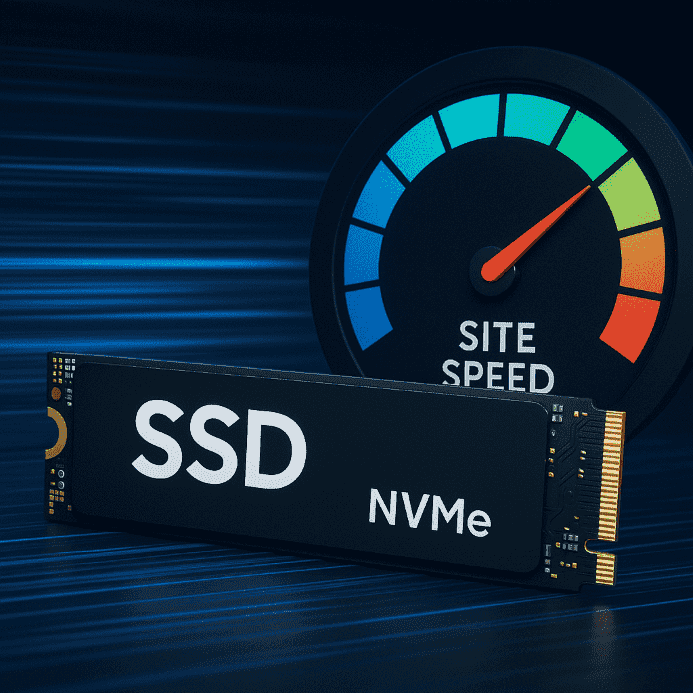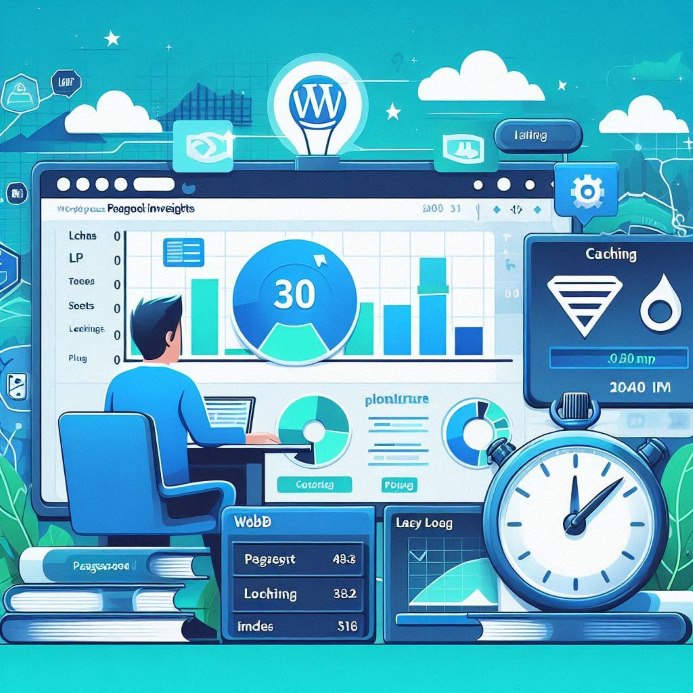How Modern SSDs Impact Website Performance

In the digital world of 2025, website speed is no longer a luxury — it’s a critical factor for online success. From SEO to user experience, every millisecond matters. At the Samsung Memory Summit, we learned just how much your storage type (SSD vs HDD) can influence your site’s real-world performance.
Why storage directly affects speed and SEO
The server hosting your site needs to deliver files (images, scripts, HTML pages) as fast as possible. If that server uses slow HDDs, even a well-optimized site will suffer. Modern SSDs — especially NVMe-based — offer much faster read/write speeds, reducing initial page latency (TTFB).
What’s new with SSDs in 2025
1. Ultra-fast PCIe Gen 5 interfaces
Gen 5 SSDs can reach speeds of up to 14,000 MB/s, allowing servers to respond instantly. Complex websites (WordPress, Magento, Laravel) benefit massively from this performance.
2. Lower power usage, better thermal efficiency
Next-gen SSDs use AI-powered controllers to maintain high performance without overheating. That means greater stability and uptime for your site.
3. Increased reliability in hosting and cloud
Premium hosting providers are switching to SSD-only infrastructure, and Google and Amazon already deliver EC2 instances with NVMe SSDs as standard. This translates to sub-second page loads even under heavy traffic.
What we recommend at IB-Media
All our projects are built with performance in mind. We offer clients hosting on next-gen SSD servers and apply techniques like advanced caching, lazy loading, and TTFB optimization to ensure competitive speed.
If your current site loads slowly, the infrastructure might be to blame. Let’s analyze it together!





Be the first to comment!